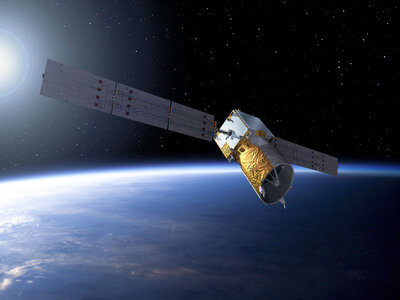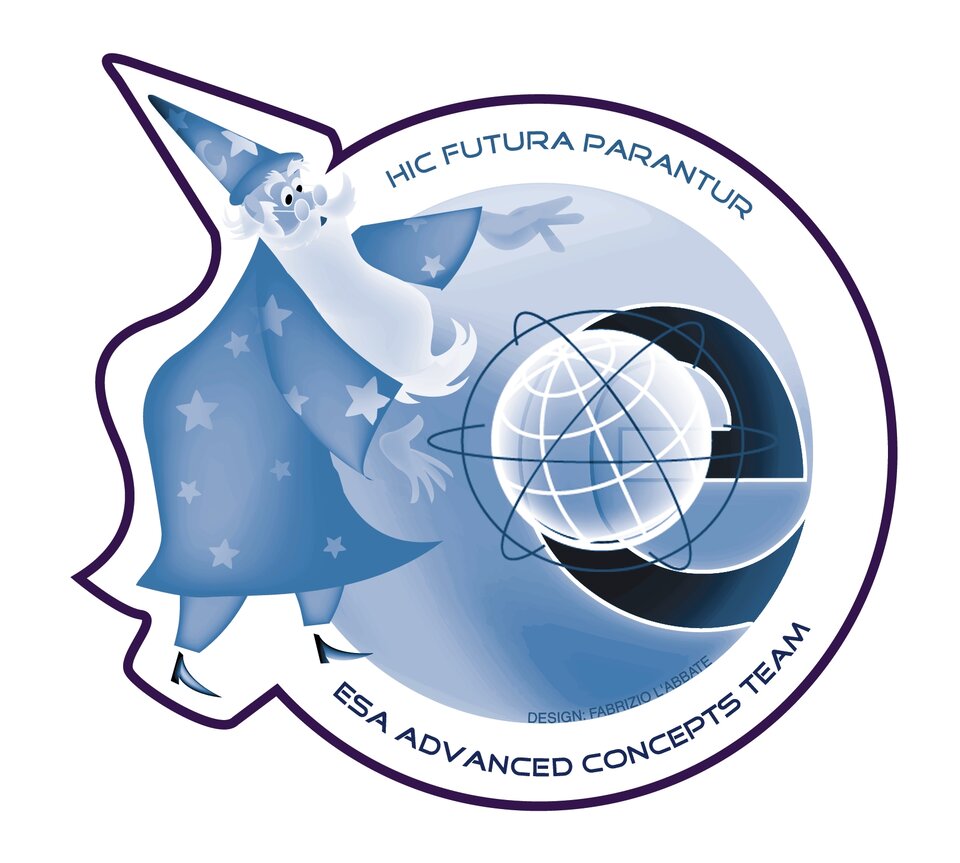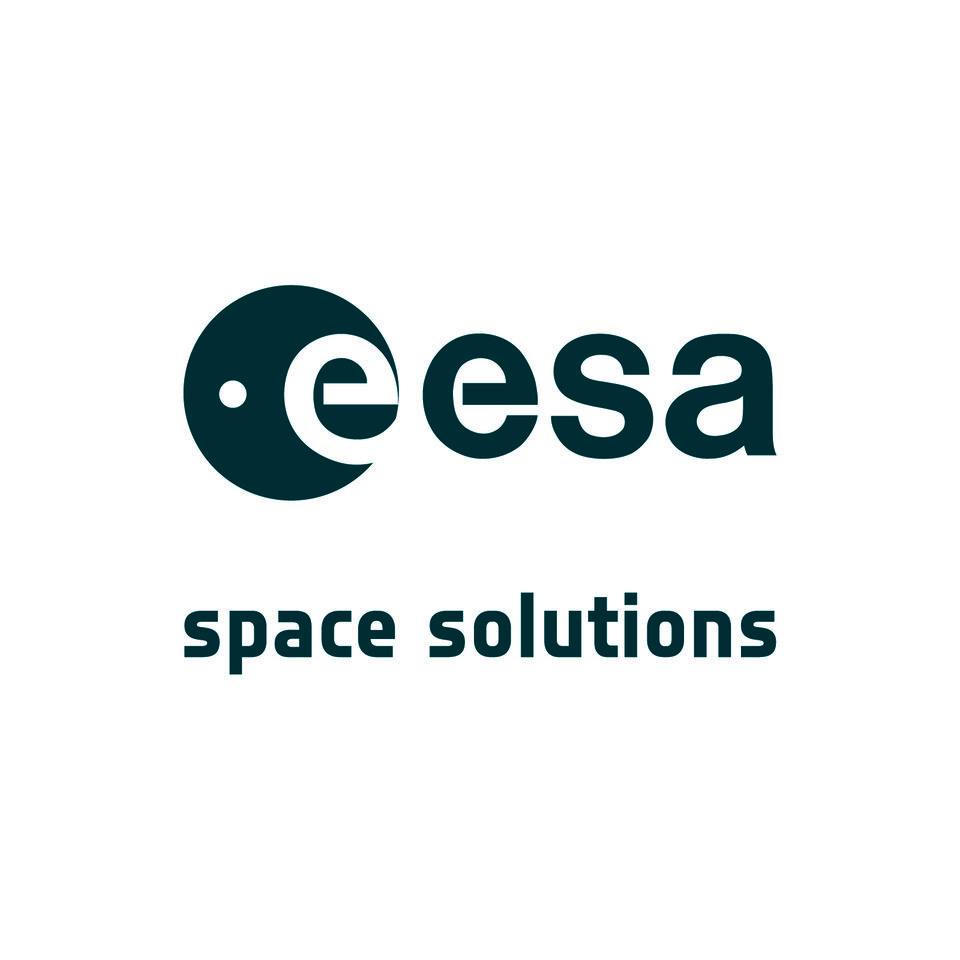AIKO: Artificial Intelligence for Autonomous Space Missions
The Italian start-up company AIKO is developing state-of-the-art Artificial Intelligence for space applications, focusing on mission autonomy and autonomous operations, for which they provide their product, the MiRAGE library. Meet AIKO at ESA's Start-ups Zone powered by ESA space solutions at IAC 2018.

MiRAGE - Mission Replanning through Autonomous Goal gEneration - is a software library that enables autonomous operations for space missions. It integrates state-of-the-art Artificial Intelligence algorithms. The most recent technologies in deep learning, expert systems and intelligent agents are used to process spacecraft data (telemetry, payload) to take decisions autonomously during the mission.
Spacecraft that use AIKO technology are able to perform autonomous replanning, to detect events (internal and external) and to react accordingly, ensuring fulfilment of mission objectives without the delays introduced by the decision-making loops on ground.
The technology is compatible with Linux-based operating systems for the flight segment, and with any operating systems for the ground segment. MiRAGE technology has already been demonstrated in several collaborations, both for Earth-based applications and for deep space ones.
MiRAGE – the autonomous space operations library
MiRAGE operates by analyzing the data made available during the mission (telemetry payload and external data) to generate and update the operations schedule. The satellites become aware, understanding their surroundings, the internal health, and eventual commands provided by the ground mission control centre. The library enables autonomous decisions during a mission, tailored to the needs of the end-users and the mission stakeholders.

By shifting the decision-making on-board the satellite, MiRAGE library eliminates the decision-making loop in the ground Mission Control Centre for all the events that were accounted for during spacecraft development, including failures, events related to mission objectives, or events generated by other elements in a constellation. Operators can focus on more critical decisions requiring ground intervention.
By using MiRAGE, more complex missions are at reach: tracking features on the surface, activating enhanced acquisition modes, selecting and prioritizing payload downlinked data. The result is increased efficiency, mission objectives are fulfilled sooner, and downlink bandwidth is occupied only with relevant data.

The real, long-term benefit of fully autonomous mission is the reduction of the operations costs. This is particularly important for small satellite missions, where operations costs have been shown not to scale with spacecraft size, and for constellations, where the high number of operators per spacecraft simply cannot be afforded with hundreds, thousands of satellites.
MiRAGE technology is currently at TRL6, with TRL8 planned for 2019.
Deep learning for spacecraft applications, with ESA
AIKO started recently a collaboration with ESA`s Advanced Concepts Team. It will focus on developing a tool for evaluating the computational requirements for deep learning state-of-the-art algorithms for embedded applications.

The outcome of the project will allow a user to estimate, given a specific or custom architecture of a Deep Neural Network, the computational requirements of the algorithm. In particular, information such as operation counts, memory utilization and inference time for each processor will be displayed.
The tool represents an initial step towards promoting the diffusion and utilization of Artificial Intelligence in space applications and will be provided as a freely available web application on AIKO website.
Earlier this year, AIKO signed a collaboration with the Space Science Institute in Colorado, USA, that will focus on evaluating the implementation of deep learning algorithms for a Mars SmallSat mission concept.
AIKO is a research-oriented SME founded in 2017 in Torino, Italy. Its main focus is the development of Artificial Intelligence software to increase the level of autonomy of space missions.
Key areas of expertise are Deep Learning, Expert Systems and Embedded Software design applied to space missions, in the domains of autonomous decision-making, payload data management, failure detection and mission replanning.
Composed by a team of highly skilled researchers, boosting years of experience in space projects, including two CubeSats launched and operated, publications on international journals and congresses, and collaborations with some of the most prominent research space institutes, such as ESA, NASA JPL, MIT. Collaborates with European and US research institutions and companies to provide state of the art mission autonomy algorithms.
The in-orbit validation for AIKO technology is planned by 2020.
World's largest ecosystem for space-related entrepreneurship

ESA’s Technology Transfer and Business Incubation Programme Office (TTPO) operates the ‘ESA space solutions’ network of Business Incubation Centres (ESA BICs) and Technology Transfer Brokers offering complete access to all aspects of space-related innovation, technology and intellectual properties and is a gateway to ESA and European space research and developments.
Today, there are 20 ESA BICs in 17 European countries – Austria, Belgium, Czech Republic, Estonia, Finland, France, Germany, Hungary, Ireland, Italy, Norway, Portugal, Spain, Sweden, Switzerland, the Netherlands and UK – forming the largest ecosystem in the world for space-related entrepreneurship.
Over 650 start-ups have been fostered and another 150 new start-ups are taken in yearly at ESA BICs to be supported under the two-years business development boosting programme.
Visit “Start-ups Zone powered by ESA space solutions”
Meet all the start-ups from 1 October until 5 October at the dedicated Start-ups Zone powered by ESA space solutions at IAC 2018 area at IAC 2018.
The AIKO entrepreneurs will be at the Start-ups Zone at IAC 2018 from 1 October until 3 October noon, and be pitching their business 2 October.



